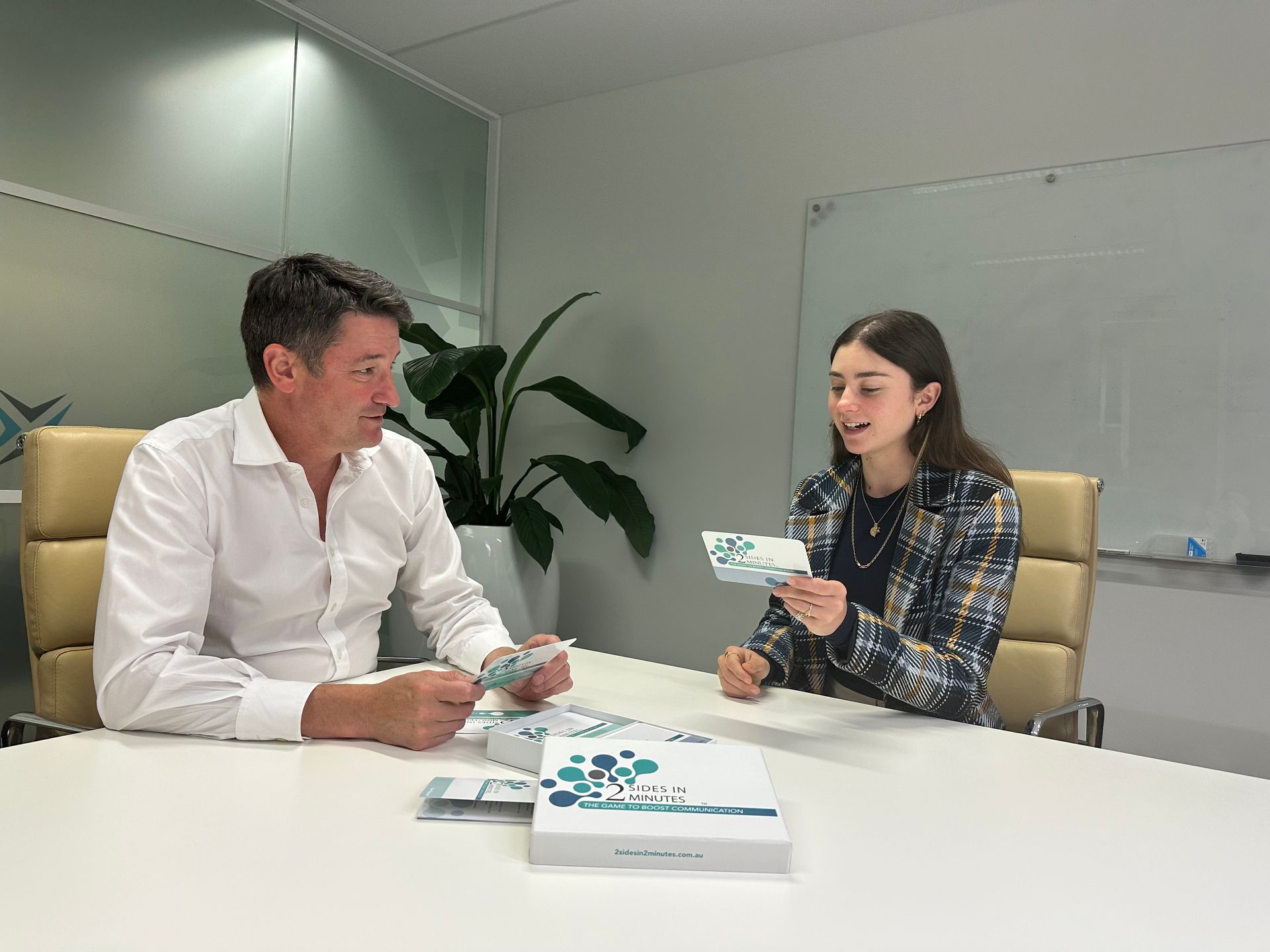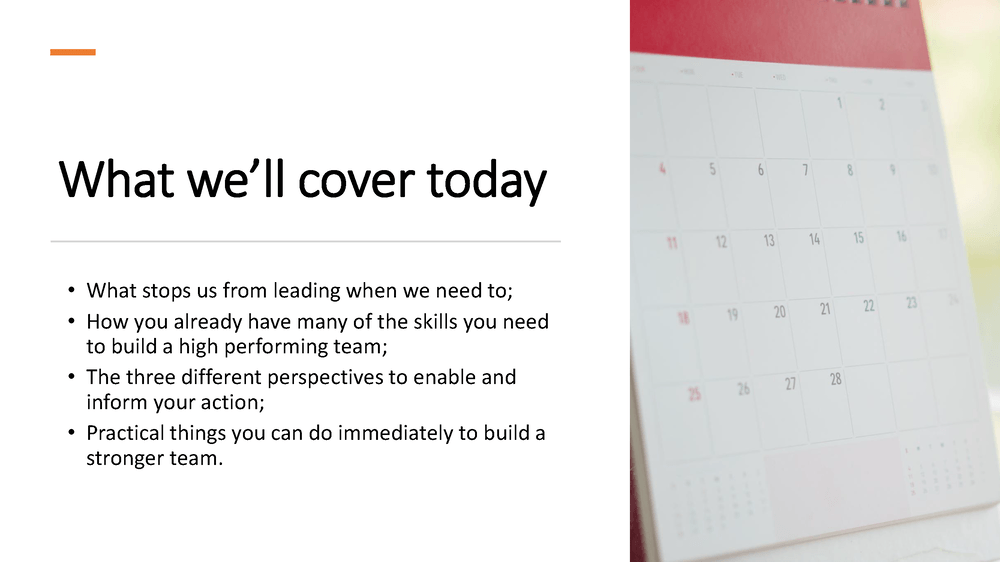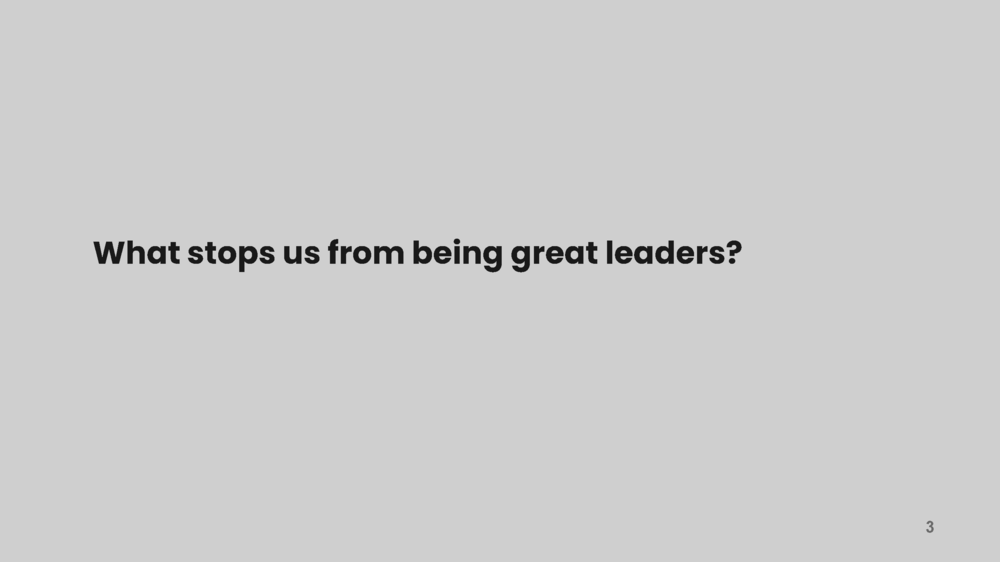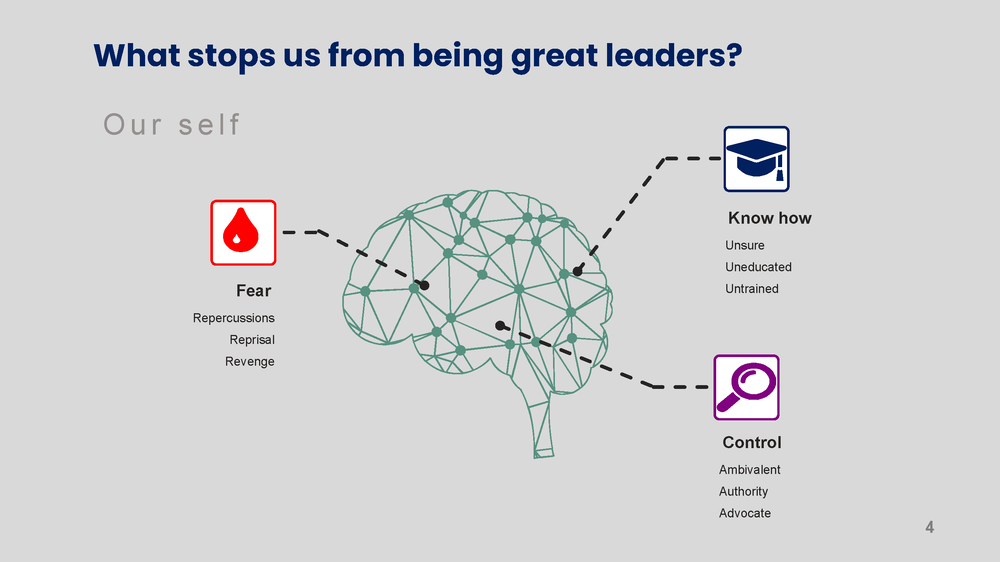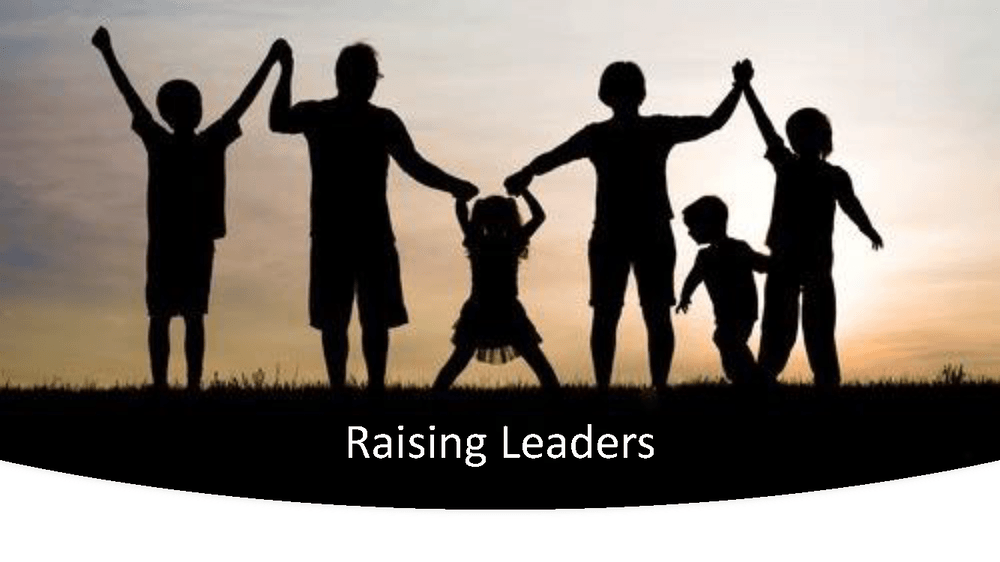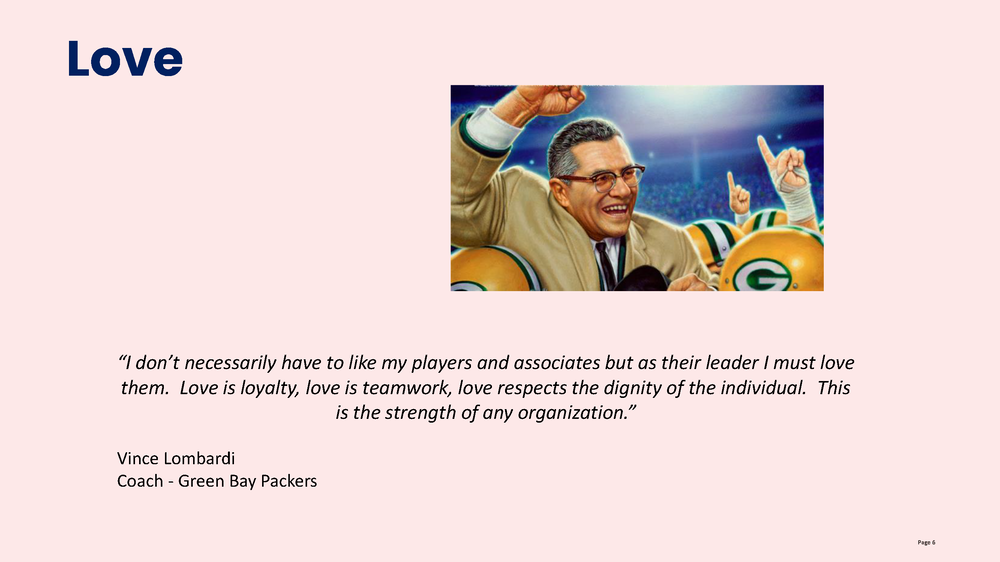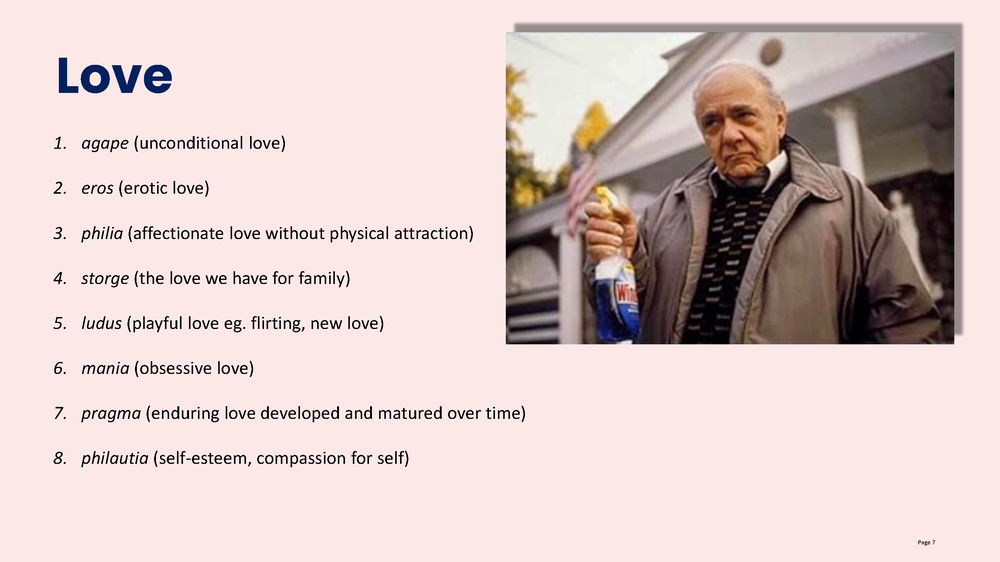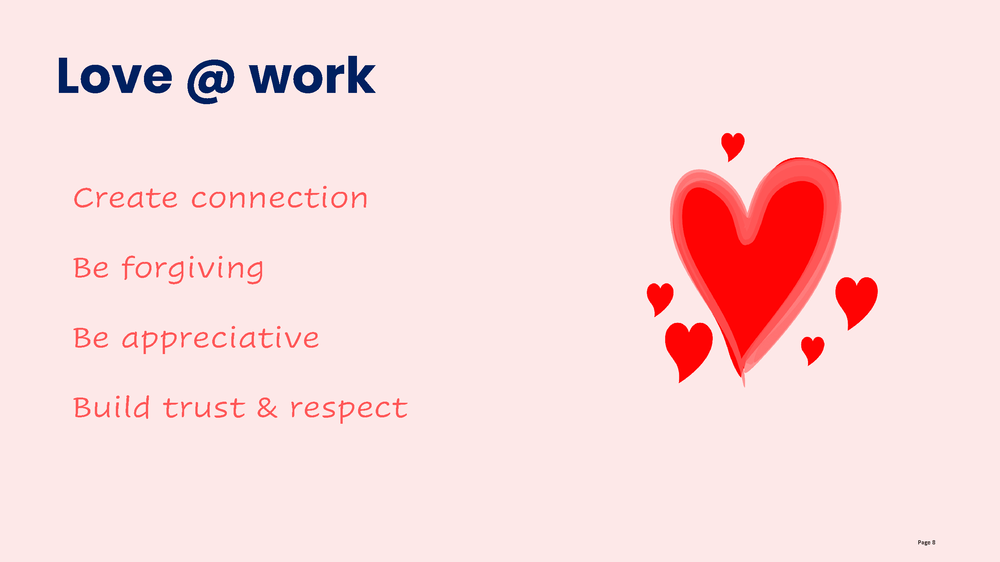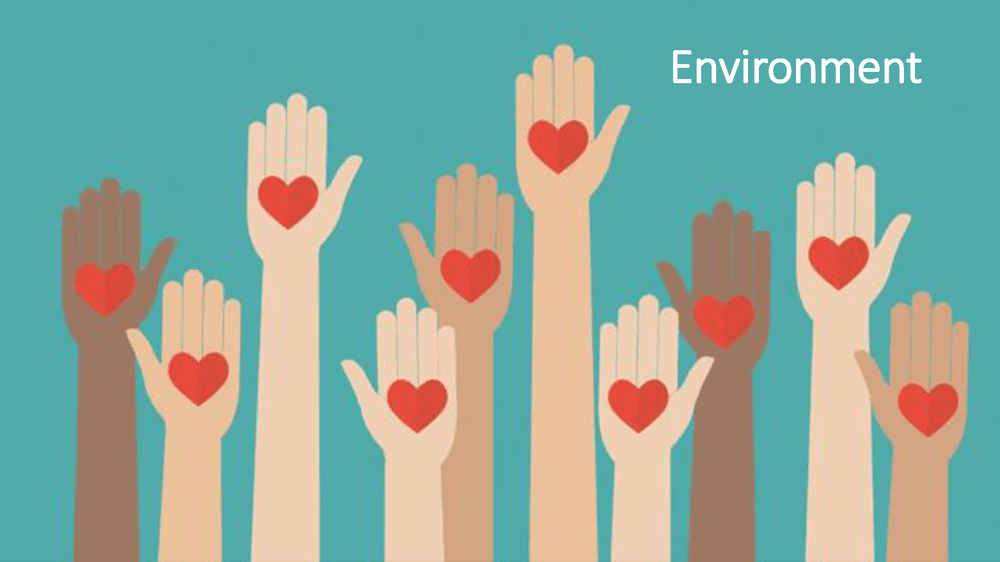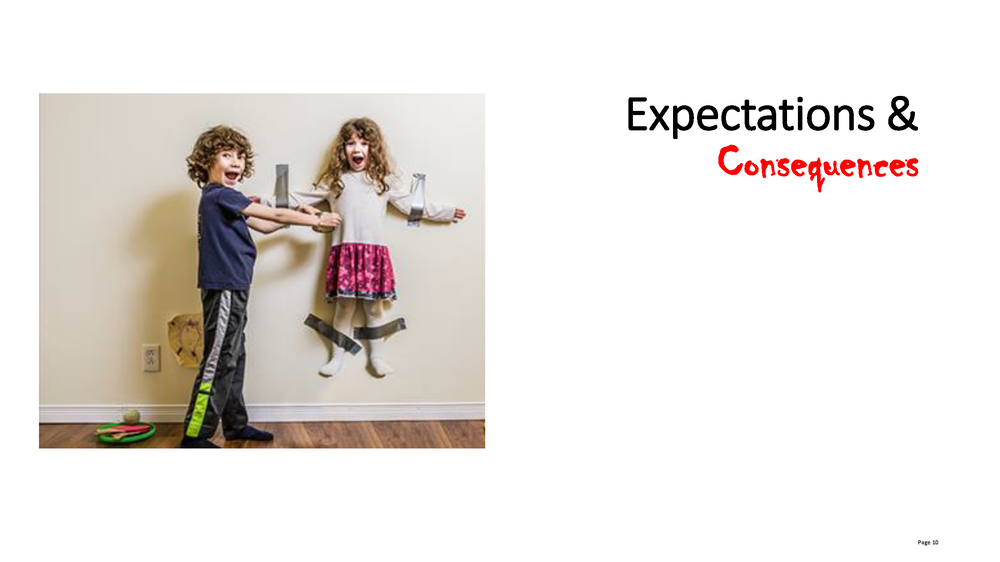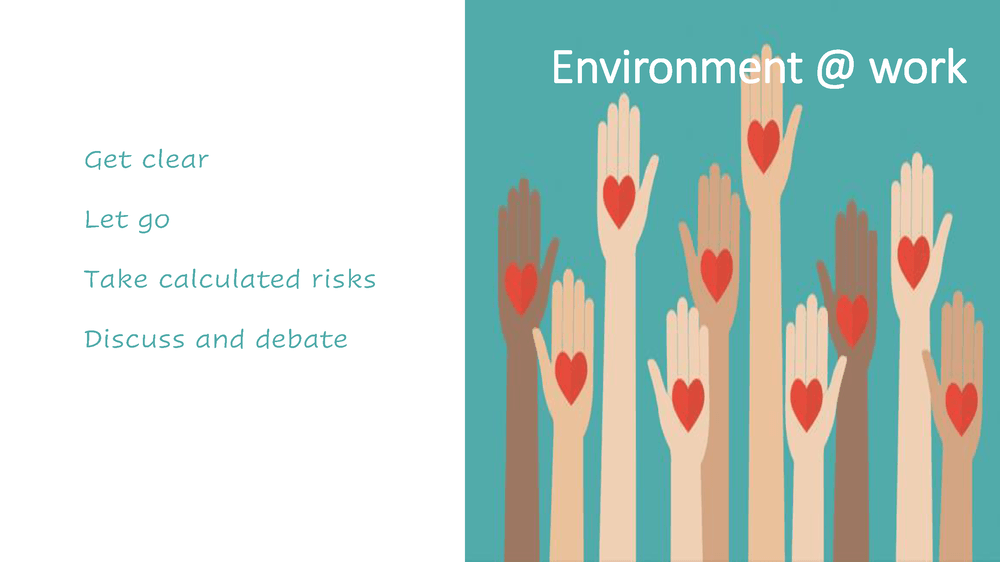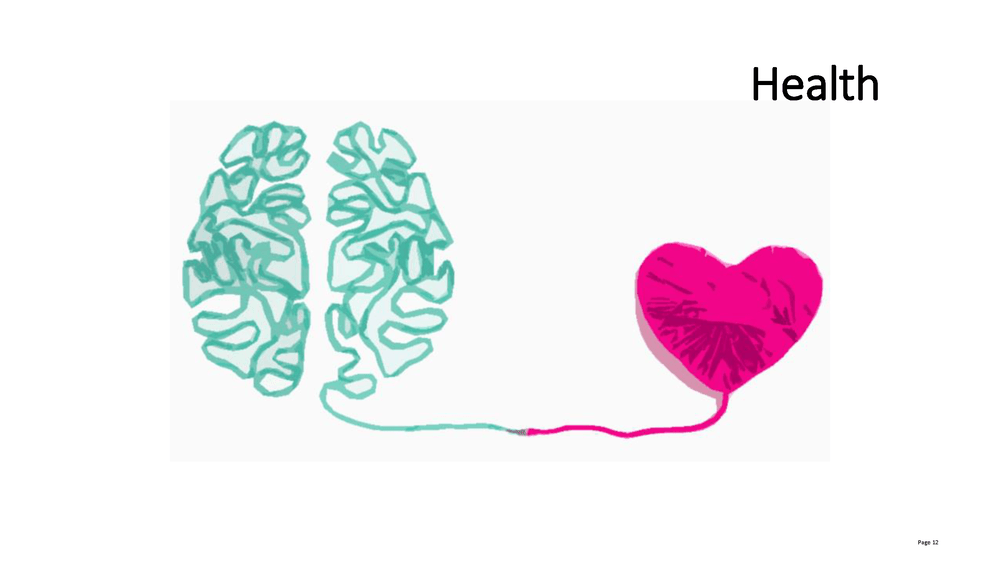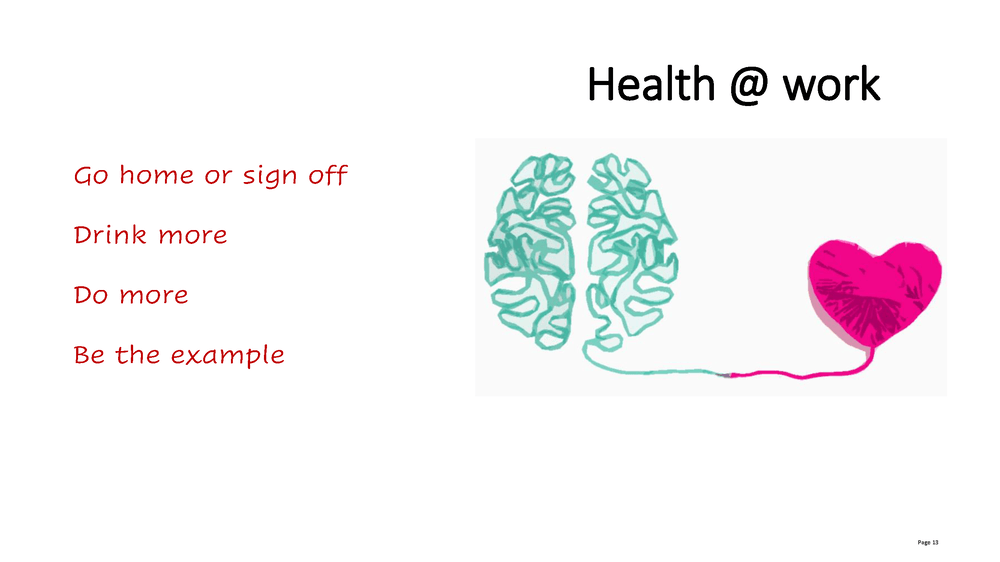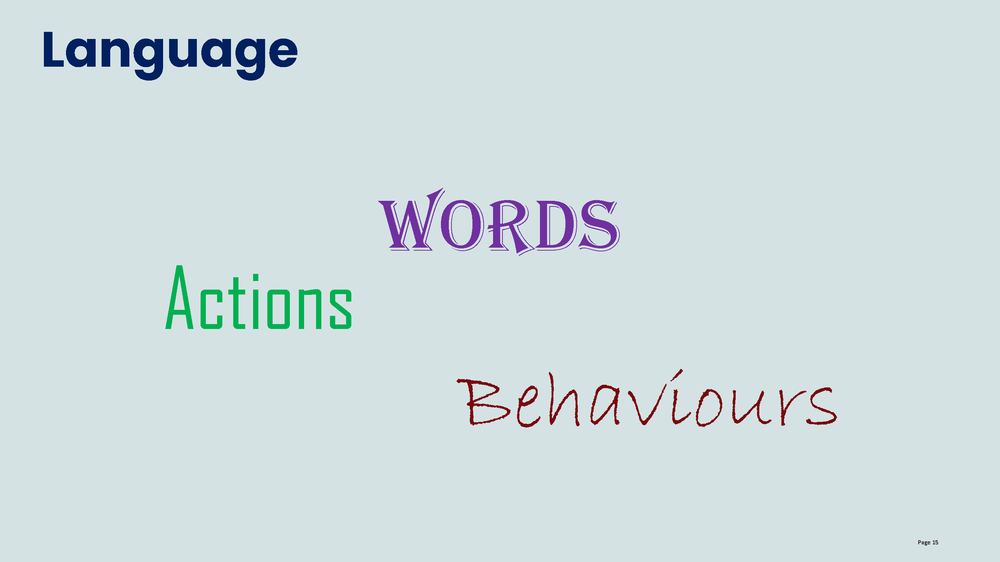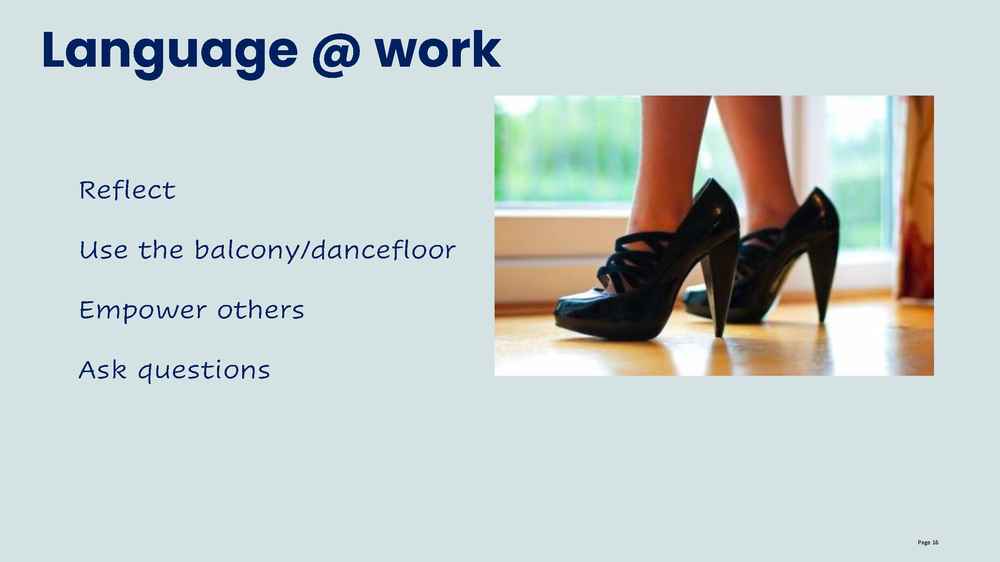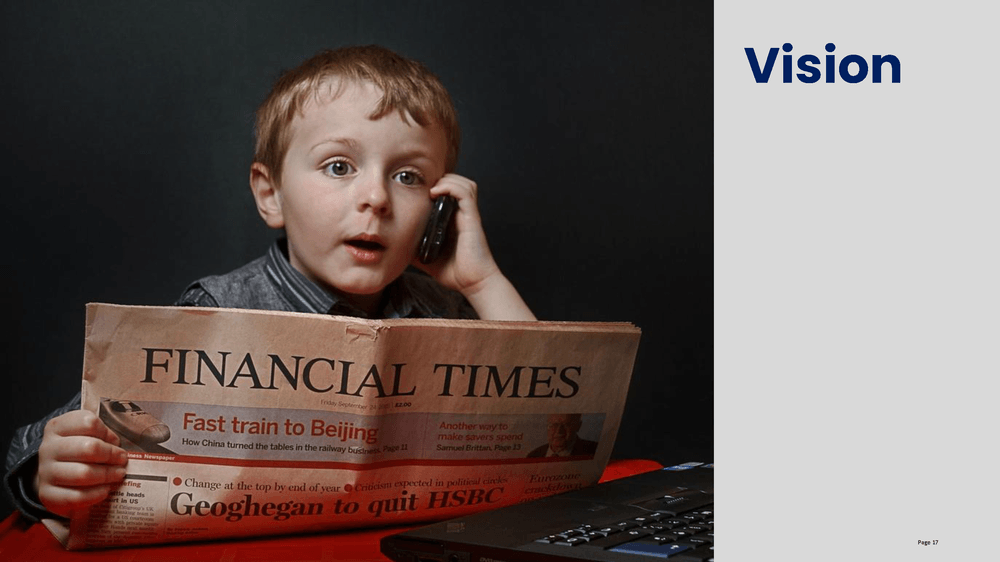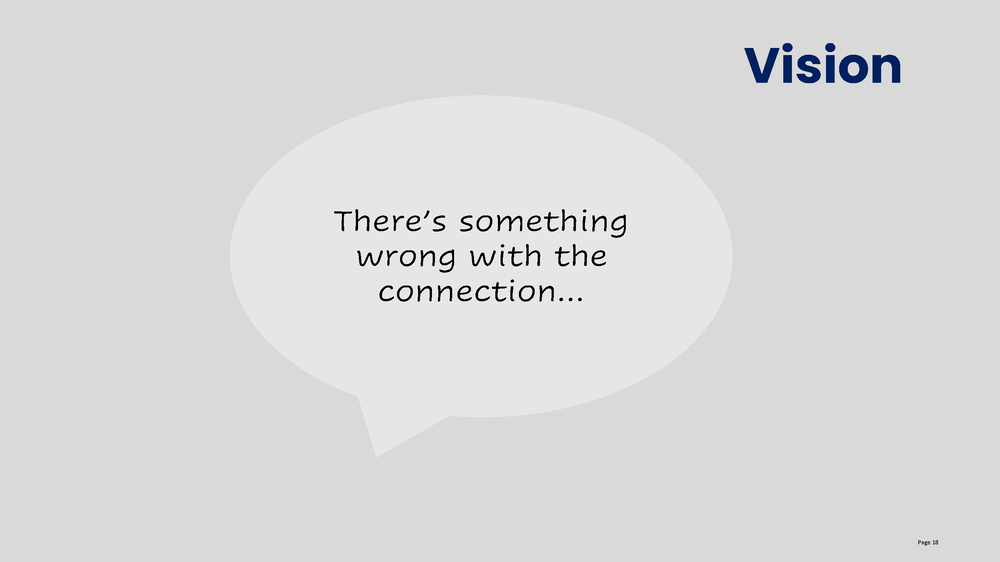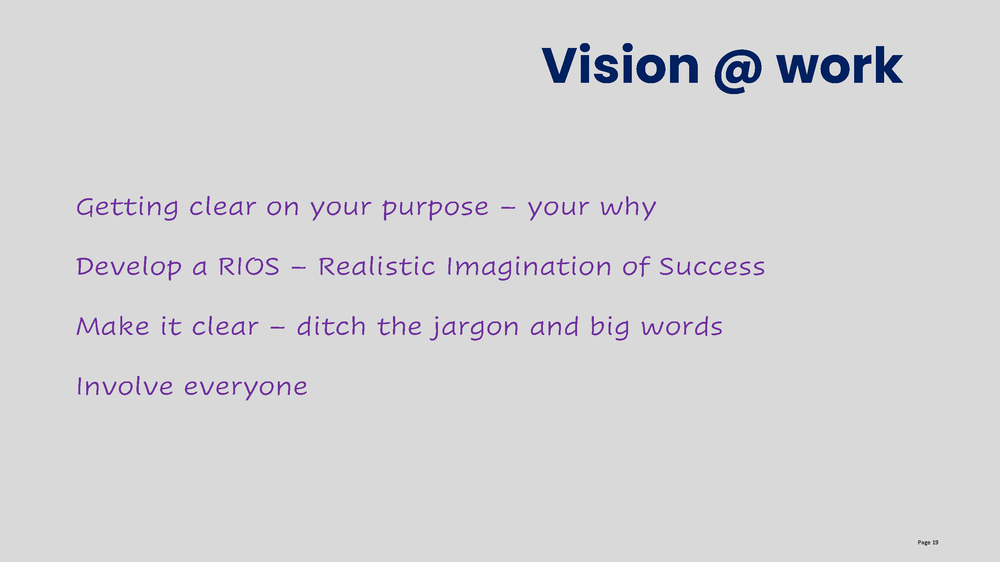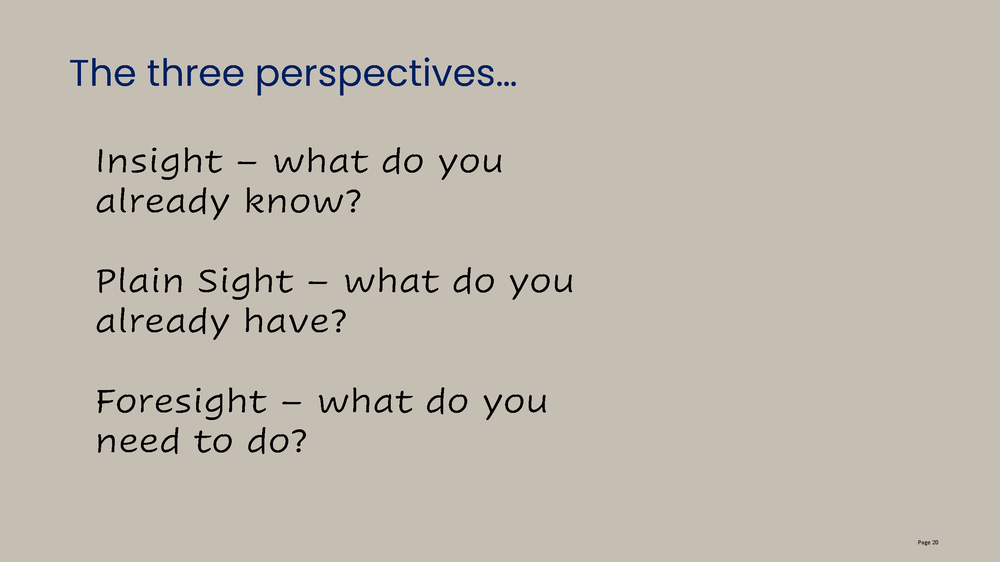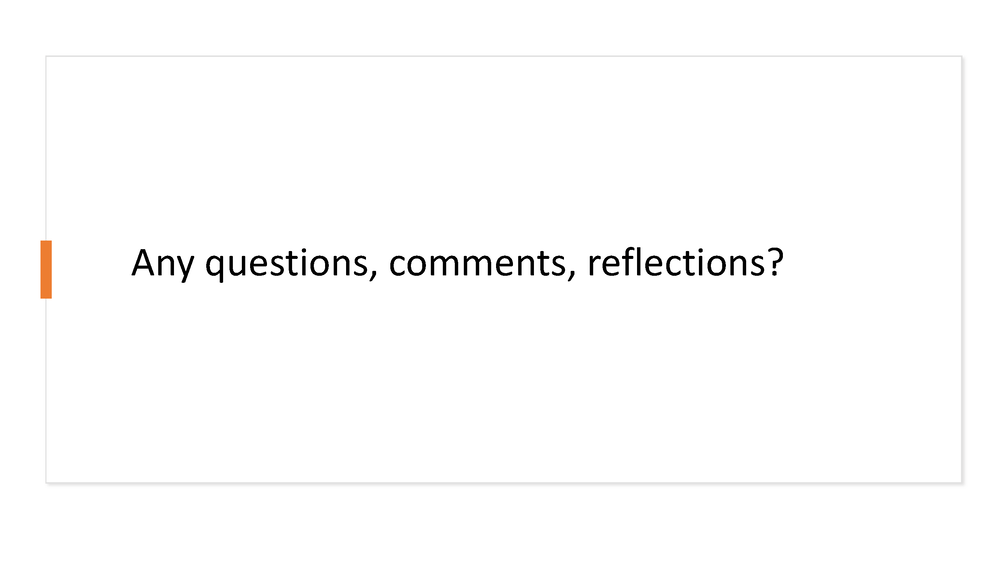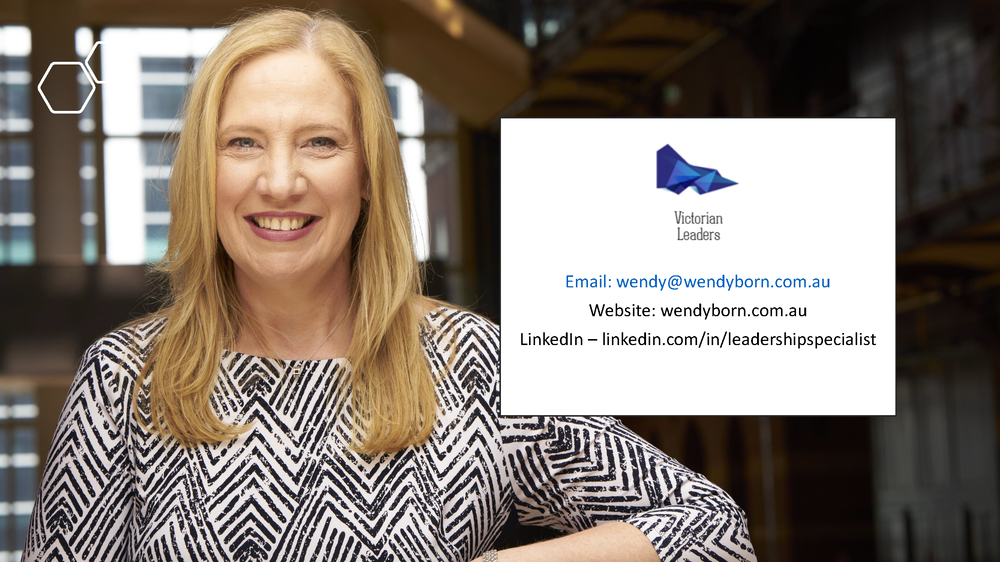Trending Blogs


RAISING LEADERS

Last week Wendy Born, author of the newly published Raising Leaders: Using the principles of parenting at work to become a great leader and create great leaders, facilitated Project Resource Partners and Amrop Carmichael Fisher’s latest workshop. The latest workshop was titled Raising Leaders, and Wendy discussed how parenting principles could be used to build great teams, now and into the future.
Wendy’s discussion was one that was truly authentic as it mixed interesting statistics with practical tips to back up theory, and truly heartfelt examples. As a parent myself, of two teenage boys, it was easy to see that we often miss the parallels between the two worlds of parenting and work. Even if you are not a parent, there are still examples that can often be taken from our own upbringings. It’s fait to say that from personal experience I can feel the same range of emotions across the two spheres, from love to frustration, and elation to disappointment.
The parallels may be obvious when they are pointed out, and in a world where the lines between home and work are becoming more blended, Wendy was able to point out how we can use our experience of parenting to help build, develop and drive great teams. If you get the chance, and are interested I would certainly also recommend reading Wendy’s latest book - here is the first chapter:
Here are my top ten takeaways from Wendy’s presentation:
- According to studies, 72% of us are likely to walk past a scenario where we could lead e.g. to stand up for something, we believe in. That is caused by fear, lack of know-how and the feeling that we lack control
- There are five key principles that allow us to build great teams: Love, Environment, Health, Language and Vision
- Love is what allows us to build an authentic connection with our team and allows us to forgive. 56% of people at work feel their mistakes are held against them! Love allows us to show our appreciation and to build the trust and respect that a team is built on
- Our people, like our children also work best when they have expectation and understand the consequences. When they are clear and unambiguous, they allow our teams to take calculated risks, as we are able to let go, knowing that we can discuss and debate through review in a safe environment later. Without the mistakes, no one learns
- That safe environment is even more so if our teams and families are healthy – both physically and mentally. That is even harder now with the blurred delineation between home and work. We need to make sure there is an off switch, that nutrition is thought of, that we are drinking enough water and that we as leaders are showing the way. A healthy team will be more innovative, creative and optimistic and will make better decisions
- The language that we use influences all of the first three elements and the last one. It has a huge impact on our families and our teams, and shows that as leaders we are always on show. Ever had a three or four year old imitate you, when you wish they hadn’t! If we are rushed and short with people, our teams will be. We need to take time to reflect, empower and ask questions, and how they look and sound will depend on whether we are in the action on the dance floor or on the balcony looking at the big picture
- For all these to work though we need a vision, a purpose, a why. One that is clear, without jargon and involves everyone, so together you can believe and enjoy the journey. If it is not, then you may end up with a bad connection!
- Having a clear vision enables us to the create a Realistic Imagination of Success (RIOS), where we can visualise where we are going and how we can get there. It is what combines ambition and capability, or imagination and reality
- Love, Environment, Health and Language and Vision can all be viewed and interpreted from three perspectives. Insight, what we already know; Plain sight , what we already have; and Foresight, what do we need?
- Always remember that leadership is bigger than us!
The lessons and the learnings are there for us to see, and for use to build strong teams, in the same way that they can help us build families and help us as leaders develop our people. As with families, building teams, developing people and becoming better leaders ourselves is not going to be easy. But, like with family the rewards can be exponential if as a leader you are willing to work at it.
After all isn’t that what makes leadership and developing teams fun!
Here are the slides Wendy presented:

